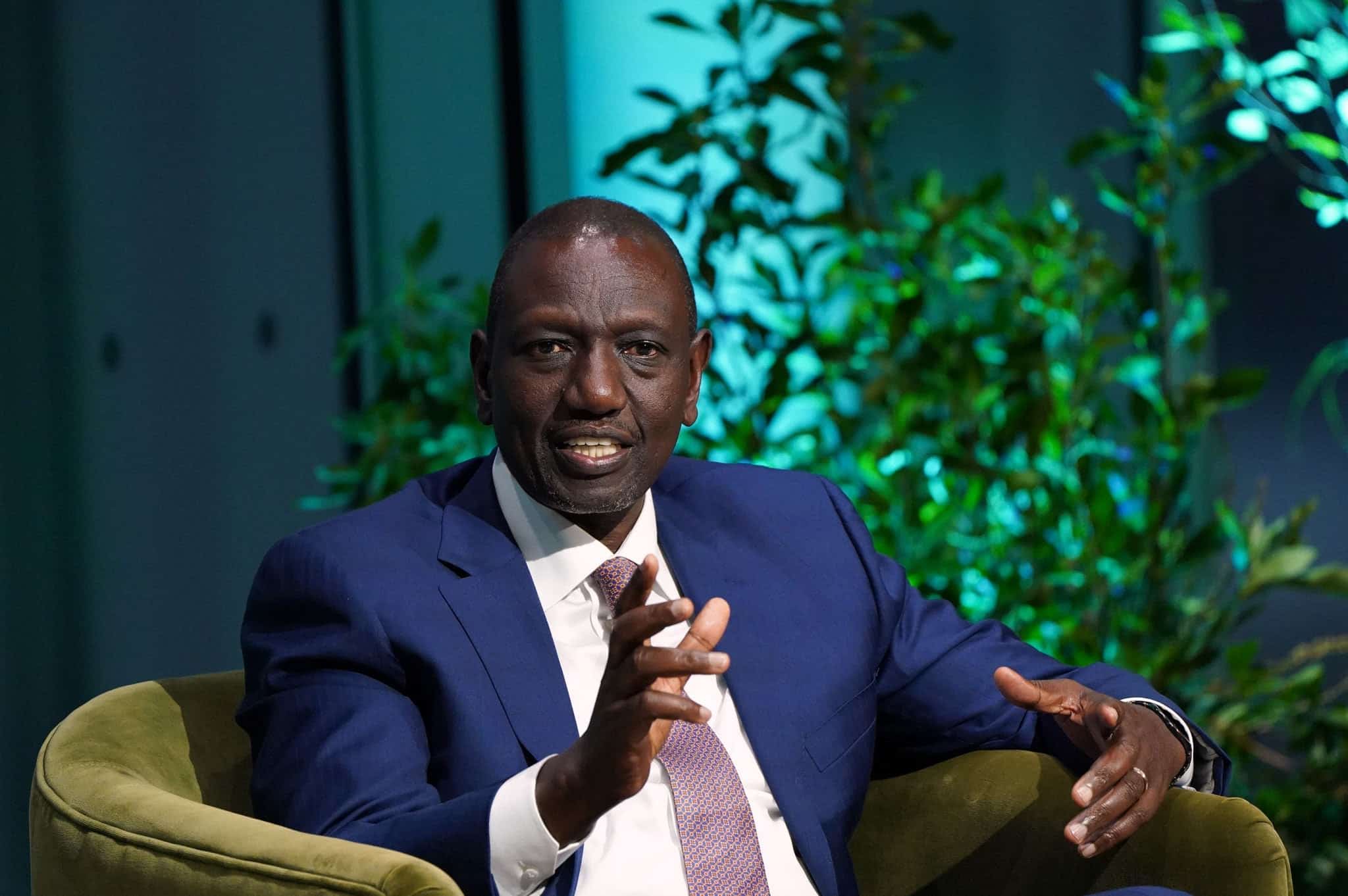Africa News
Kenya Moves To Privatise 35 State Companies In Economic Overhaul

In a sweeping move aimed at revitalizing Kenya’s economy, President William Ruto announced on Thursday the government’s intention to privatise 35 state-owned companies.
This ambitious strategy, part of a broader push to open up the capital of nearly 100 other firms, comes as Kenya grapples with significant economic challenges, including liquidity issues, skyrocketing inflation, and a heavy debt burden.
The decision, heralded at the annual meeting of the African Stock Exchanges Association in Nairobi, represents a seismic shift in the East African powerhouse’s approach to economic management. “We have identified the first 35 companies that we are going to offer to the private sector,” Ruto disclosed, signaling a departure from the nation’s historical reliance on state-controlled enterprises.
Kenya’s public debt, standing at over 10.1 trillion shillings ($66bn), equivalent to roughly two-thirds of the GDP, underscores the urgency of these reforms. The country’s economic landscape has been battered by the COVID-19 pandemic, the fallout from the Ukraine war, and a historic drought in the Horn of Africa, exacerbating an already precarious financial situation.
This privatisation drive, facilitated by a law enacted last month to streamline the process, aims to invigorate the private sector’s economic role. The last significant privatisation in Kenya occurred in 2008 with the IPO of Safaricom, a telecommunications giant. However, subsequent plans to privatise other firms, including the Kenya Pipeline Company and Kenya Electricity Generating Company, have stalled, underscoring the challenges ahead.
Finance Minister Njuguna Ndung’u noted that the names of the firms slated for sale would be announced later, emphasizing that the primary aim is not just to bolster government finances. Instead, Ruto and Ndung’u argue that this initiative will inspire market activity and mitigate the stifling effects of bureaucracy on business growth. “Cash is a secondary issue,” Ndung’u stated, aligning with Ruto’s vision of transforming stock exchanges into engines of economic growth for Africa.
Ruto’s administration, which has faced criticism for unpopular austerity measures, including new taxes expected to generate significant revenue, is balancing fiscal prudence with the imperative to stimulate economic growth and innovation. The recent IMF agreement for a $938 million loan and the World Bank’s commitment to provide $12 billion in support over the next three years reflect international confidence in Kenya’s potential to overcome its current economic hurdles.
As Kenya embarks on this privatisation journey, the world watches keenly, recognizing its potential to serve as a model for other African nations seeking to revitalize their economies through market-driven policies and reduced government control










